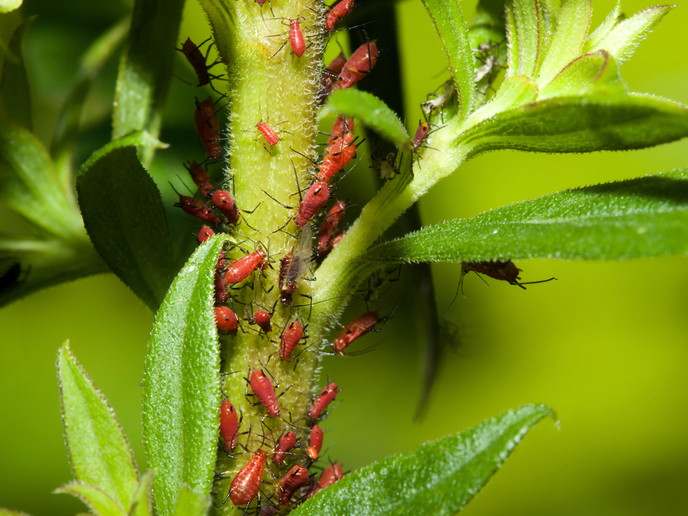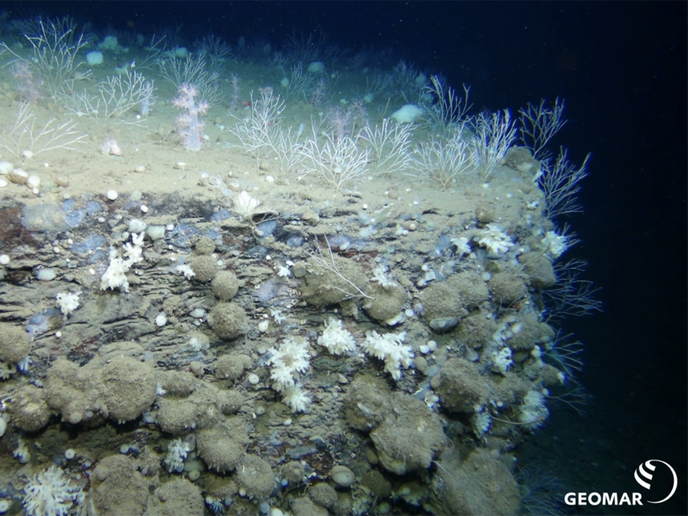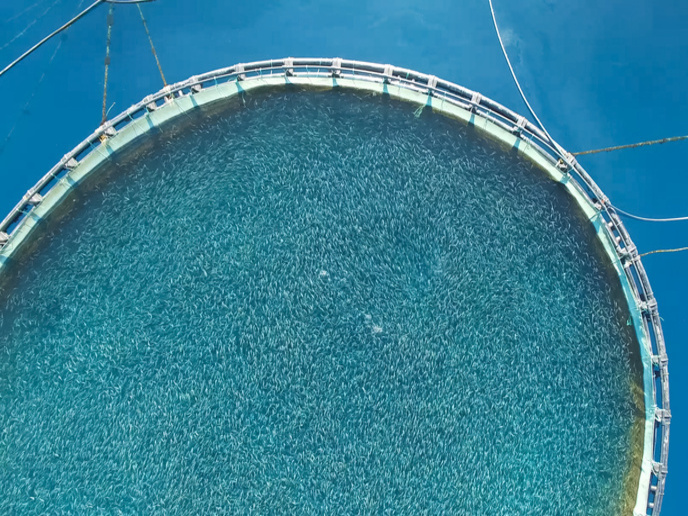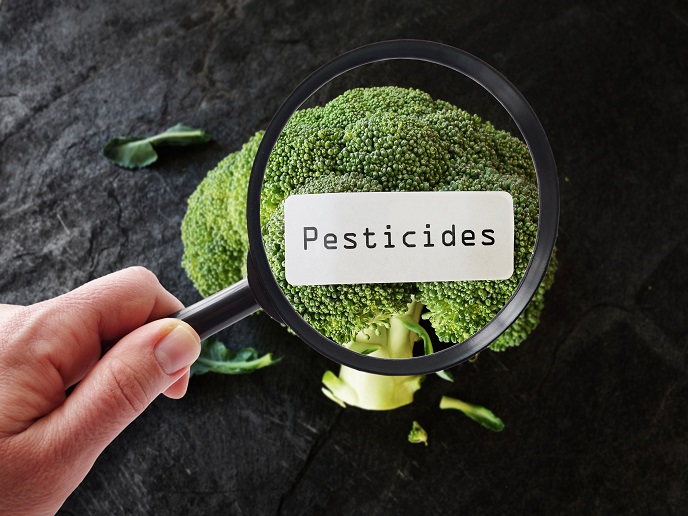Peptide-based highly selective eco-friendly pest control
High levels of agricultural productivity must be maintained to ensure that the growing human population is fed. Currently, around 20-40 % of world productivity is lost to insect attack according to the UN’s Food and Agriculture Organisation. This is expected to worsen with climate change. Insecticides are used to control pests and ensure food security. The answer, however, is not to simply eliminate all insects, as they play a vital role in the pollination of crops. Insecticide resistance is also a problem that has been detected for every major insecticide. Moreover, several mainstay insecticides are being limited or withdrawn due to tightening of legislation. Thus, ‘greener’, more selective insecticides are required that pests are not resistant to. The nEUROSTRESSPEP project addressed this challenge by developing new small protein 'mimetics', similar in function to insect peptide hormones, which will interfere with the insects’ survival ability. “These may be developed as new classes of environmentally-friendly insect control agents targeted to specific groups of insects, whilst protecting beneficial insects; and which do not engender insect resistance,” says project coordinator Shireen Davies. The consortium of 14 partners covered the full spectrum from research laboratory to field testing, involving ecologists, entomologists, biochemists, chemists, neuroscientists, physiologists, commercial companies and translational research expertise. In addition, the academic-industrial setting supported competitive European research and facilitated collaborative links between consortium participants and other stakeholders.
Insects’ neuropeptides mimicked
Like humans, insects control their bodily processes with a number of peptides that circulate in their blood, although their peptides may be vastly different from ours. Many of these comprise short strings of amino acids called neuropeptides, however, not all insects use the same signals. nEUROSTRESSPEP therefore data mined the genomes of insects to identify neuropeptides which had features shared by agricultural pests but not by beneficial insects like honey bees. These formed the basis for designing new peptides that resemble the structure of these hormones. Project partners collated over 6 000 peptide sequences from across 97 % of insect species to identify order and species-specificity of neuropeptides and developed the new publicly available database for insect neuropeptide research DINeR). They also used cutting-edge ‘-omics’ technologies to comprehensively and accurately predict and identify all bioactive neuropeptides in pest, beneficial, and invasive alien insect species. Furthermore, researchers performed a range of functional studies in 20 insect species including manipulation of neuropeptide gene expression for multiple neuropeptide families. This confirmed specific neuropeptides as excellent candidates for species-/order-specific insect biocontrol agents. “Researchers also designed, synthesized and tested more than 150 neuropeptide analogues for their ability to reduce insect survival, with assays to determine the most selective and bioactive analogues,” explains Davies.
Multiple benefits for stakeholders
nEUROSTRESSPEP has provided a cost-effective and efficient way to control insect pests while protecting human health and more effectively preserving limited natural resources. This will help increase agricultural productivity and improve food quality, thereby safeguarding food security. The project will communicate this innovative technology to the entire agri-food chain, comprising growers and producers, agrochemical companies, the scientific community, consumer groups, non-governmental organisations, regulatory bodies and the media. This will help to ensure maximum exploitation of the project’s results and benefits.
Keywords
nEUROSTRESSPEP, peptides, insecticide, pests, bees, food security, gene expression







